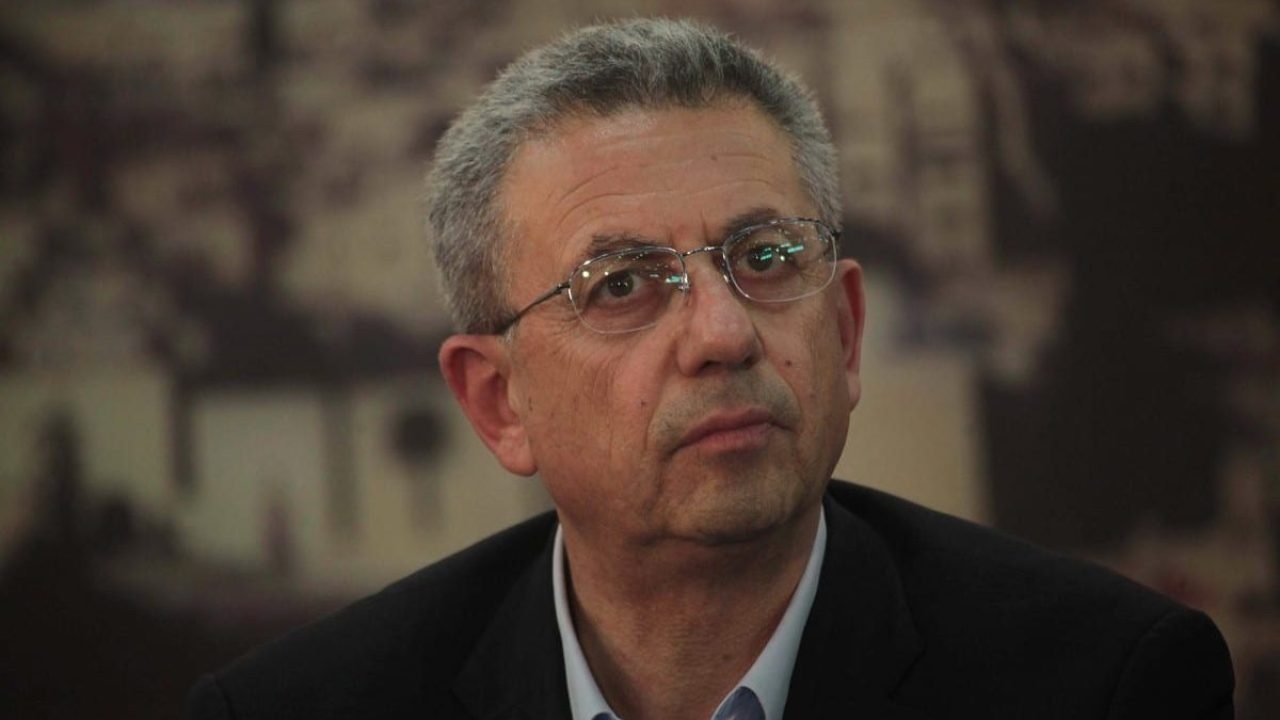Watan-The Palestinian Authority, through its official channels, launched a broad attack on Dr. Mustafa Barghouti, Secretary-General of the Palestinian National Initiative, following his statements exposing the UAE regime’s complicity with the Israeli occupation in its war on Gaza.
The official response was led by Nabil Abu Rudeineh, spokesperson for the Palestinian presidency, who described Barghouti’s remarks as “offensive” to the United Arab Emirates, stressing that “this rhetoric does not represent the position of the State of Palestine.” The irony, however, lies in the fact that Abu Rudeineh himself had been one of the most vocal critics of the UAE’s normalization with Israel in the past—raising serious questions about the blatant contradiction in the Authority’s stance.
Mustafa Barghouti, known for his open support of the resistance, defended himself by clarifying that his criticism was directed at the Emirati regime, not the Emirati people. He stated, “It is unfortunate that the institutions of the Authority are being used to attack national voices,” adding that the campaign’s aim is to silence those who refuse to compromise on Palestinian rights.
🔴الدكتور مصطفى البرغوثي يقضّ مضجع ابن زايد، وذيول عباس في مأزق!
بعد فضحه تواطؤ #الإمارات مع الاحتلال، شنت سلـ ـطة الـ ـعـ ـار حملة شرسة ضدّه قادها نبيل أبو ردينة “صبي” أبو مازن.. بين التناقضات والازدواجية أثبت البرغوثي أن الحقيقة لا يمكن تزييفها رغم محاولات السلطة تشويه مواقفه… pic.twitter.com/6kAJb51335
— وطن. يغرد خارج السرب (@watanserb_news) April 12, 2025
PA Attacks Mustafa Barghouti Over UAE Criticism Amid Gaza War
Barghouti’s comments were made in the context of his clear position on the Arab—and particularly Emirati—silence regarding the genocide in Gaza since October 7. He has emerged in Arab and international media as one of the most steadfast voices confronting the Israeli narrative with clarity and resolve.
The Authority, expected to stand in defense of national resistance figures, now finds itself accused of complicity by targeting independent Palestinian figures. This attack sparked a wave of solidarity from activists, journalists, and social media users, many of whom see Barghouti as one of the last remaining free voices within the official Palestinian scene.
Amid this deterioration, a serious question arises about the real priorities of the Palestinian Authority: Will it continue to pursue patriotic opposition figures while Palestinians drown in their own blood? Or has the issue moved beyond mere political disagreement to become a battle over the independence of national decision-making?
Popular reactions showed that Barghouti still enjoys broad trust, as one of the few who has maintained a consistent, uncompromising stance against the occupation without favoritism or submission.
